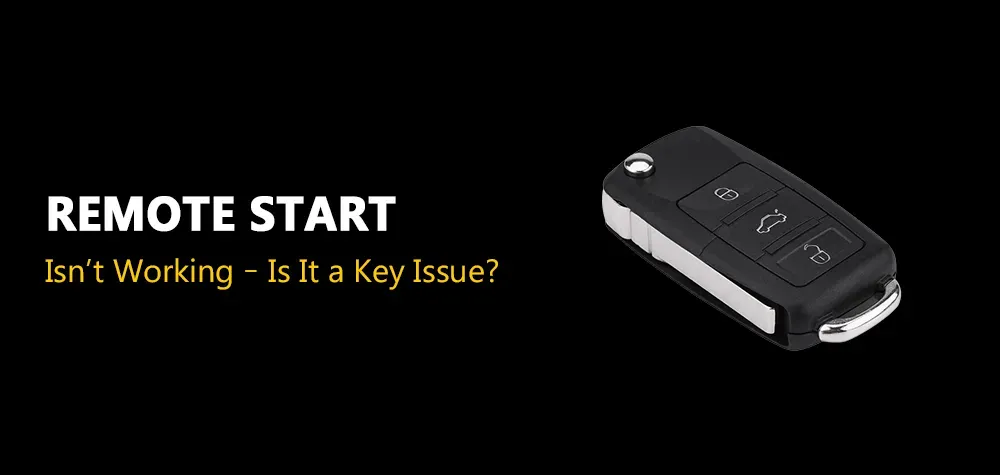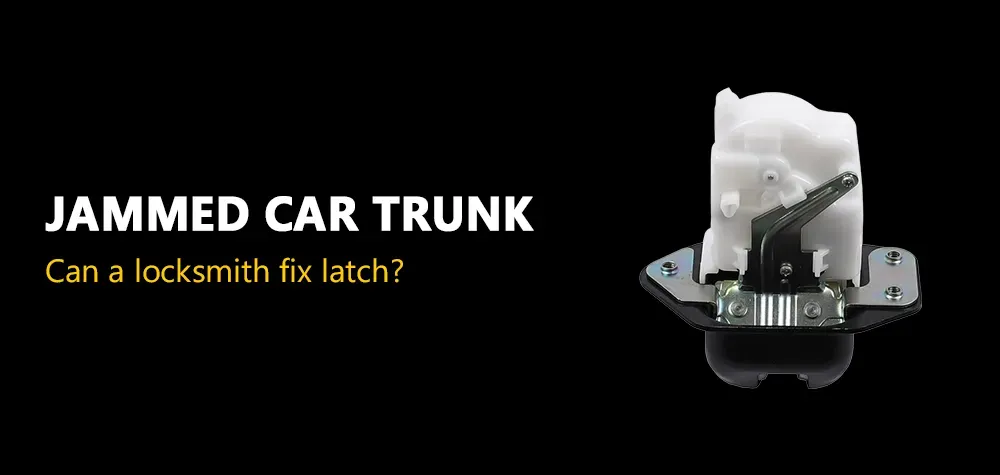Locksmith Scams: How to Protect Yourself
Locksmith services are essential, whether for lockouts, rekeying, or installation. But in the rush of needing urgent help, many fall victim to locksmith scams that overcharge, damage property, or worse. Here’s a comprehensive guide to common locksmith scams, red flags to look for, and how you can find a trustworthy locksmith like Brothers Locksmith for peace of mind.
How to Avoid Common Lock Installation Mistakes
10 Common Locksmith Scams
- Bait-and-Switch Pricing
Scammers lure customers with extremely low prices, often advertising rates as low as $19-$29. Once on-site, they reveal additional costs for “special tools” or “complex locks,” resulting in exorbitant final charges. - Unnecessary Drilling
Some locksmiths claim the lock needs drilling, which could damage your door and lead to costly lock replacements. A qualified locksmith can often open locks without drilling in most scenarios. - Cash Only Payments
Scammers might insist on cash-only payments to prevent disputes or tracking, avoiding any paper trail that could be used against them later. - Hidden Service Fees
Some companies quote a base rate and add unexpected service fees like “distance traveled,” “emergency call,” or “equipment usage” fees, significantly inflating the final bill. - Fake Certifications or Affiliations
Scammers often claim to be certified but lack actual credentials. They might show a fake certificate or mention reputable associations like the ALOA (Associated Locksmiths of America) without membership. - Name Confusion
Fraudulent locksmiths often create company names that sound similar to reputable businesses, taking advantage of the trusted reputation of legitimate locksmiths. - Out-of-State Call Centers
Some companies redirect calls to call centers where agents quote low prices without having local locksmiths on staff. They outsource to local contractors, leading to price disputes or delays in service. - No Physical Address
Scammers may use fake addresses or PO boxes, making it hard to hold them accountable. A simple Google search can often reveal if the address is legitimate. - No Identification or Uniforms
Professional locksmiths typically have uniforms and proper identification. Scammers might show up in plain clothes or unmarked vehicles to avoid being traced. - Excessive Pressure Tactics
Scammers sometimes apply high-pressure tactics, urging you to make immediate decisions or rushing you through the transaction to avoid questions.
Red Flags to Watch Out For
- Unmarked Vehicles
A reputable locksmith usually has a branded vehicle with a company logo. If a locksmith arrives in an unmarked car, it’s worth asking additional questions. - No Online Reviews or Poor Reviews
Check platforms like Yelp or Google. Lack of reviews, overly positive (likely fake) reviews, or many negative reviews are warning signs. - Uncertain or Vague Quotes
If the locksmith is vague about costs over the phone or refuses to provide an upfront estimate, you may end up with a much higher final bill. - Unavailable or Fake Physical Location
Locksmiths without a confirmed business address may lack the legitimacy and accountability required in this industry. - Requiring Upfront Payment
While a deposit may be standard, demanding full payment before any work is done is suspicious.
Signs You Can Trust a Locksmith
- Provides Written Estimates
A legitimate locksmith will provide a written estimate, detailing costs for labor, parts, and any other services. - Displays Credentials and Certifications
Certified locksmiths are happy to share their professional affiliations and IDs. Look for memberships with groups like ALOA, which require rigorous training. - Uses a Branded Vehicle and Uniform
A locksmith representing a reputable company will typically arrive in a company vehicle with proper branding and wear a uniform. - Has Positive, Real Reviews
Trustworthy locksmiths will have verifiable customer reviews that reflect genuine experiences, not just overly positive or fake reviews. - Offers Multiple Payment Options
Accepting various payment methods, such as credit cards and checks, shows transparency and reliability.
Why Brothers Locksmith is a Trustworthy Choice
At Brothers Locksmith, we’re committed to customer satisfaction and integrity. Here’s why you can trust us:
- Certified Professionals: Our locksmiths are professionally trained and certified, capable of handling any lock-related issue without causing unnecessary damage.
- Transparent Pricing: We offer clear pricing with no hidden fees. You’ll receive a written estimate before we start any work.
- 24/7 Availability: Emergencies happen anytime. Our reliable, 24/7 services ensure you’re never left stranded, whether you’re locked out of your car, home, or business.
- Positive Customer Reviews: With a history of satisfied customers, Brothers Locksmith prides itself on delivering exceptional service.
- Legitimate Address and Contact Information: We maintain a physical location and reliable contact information, ensuring accountability.
The Importance of Choosing Certified Locksmiths: What to Look For
Conclusion
When it comes to locksmith services, you deserve quality, transparency, and reliability. With these tips, you’ll be better equipped to identify and avoid locksmith scams, ensuring your safety and peace of mind. Brothers Locksmith stands ready to provide secure, certified, and dependable service whenever you need us. Remember, it’s always better to prepare in advance than to scramble during an emergency—save our number for peace of mind!
Call Us Any Time!




